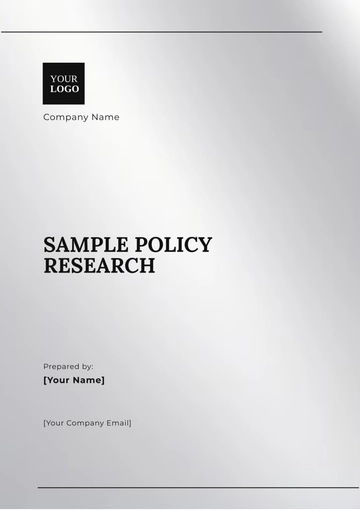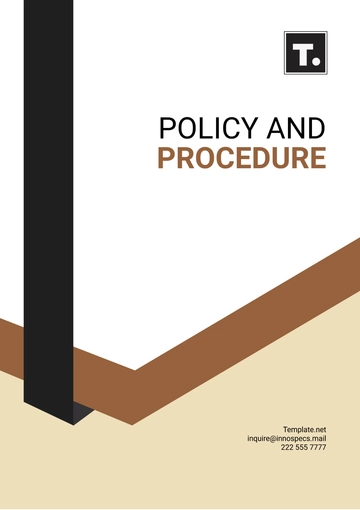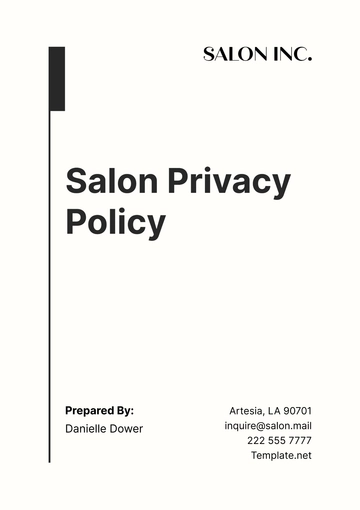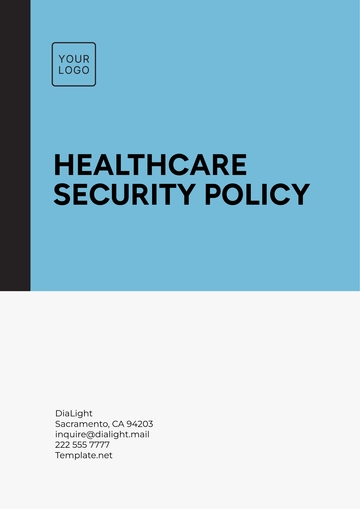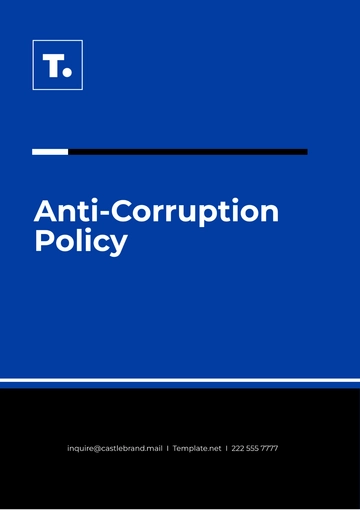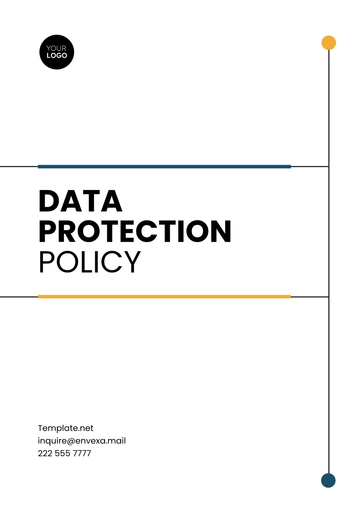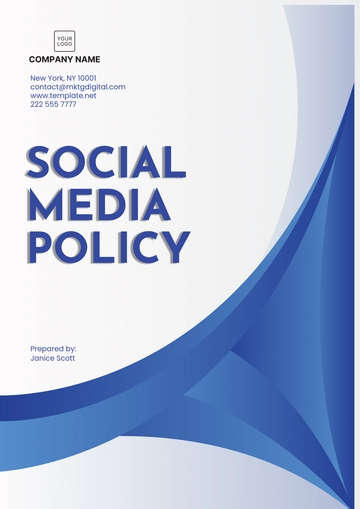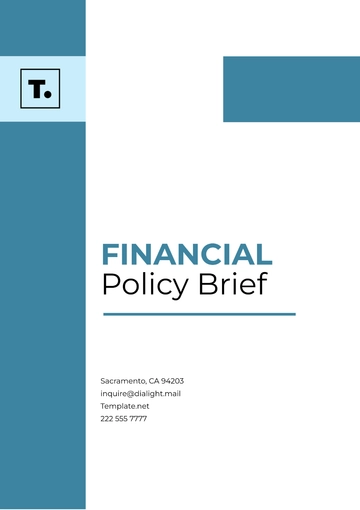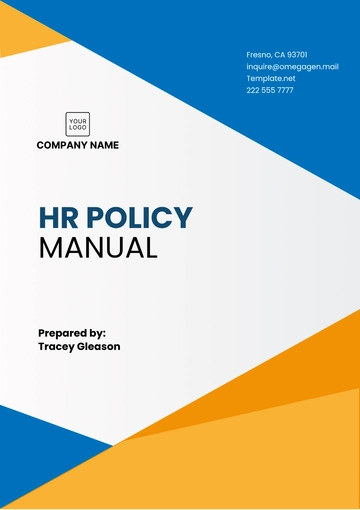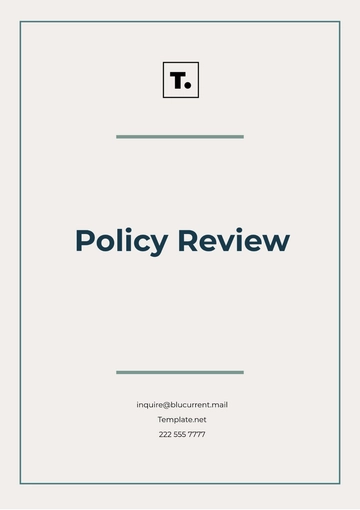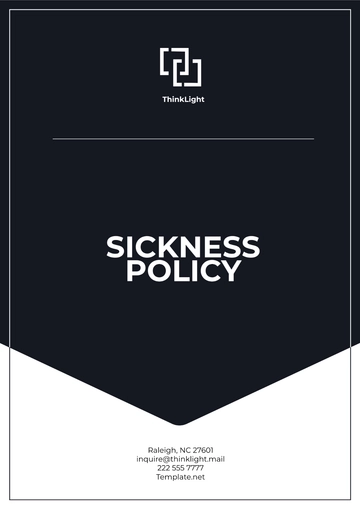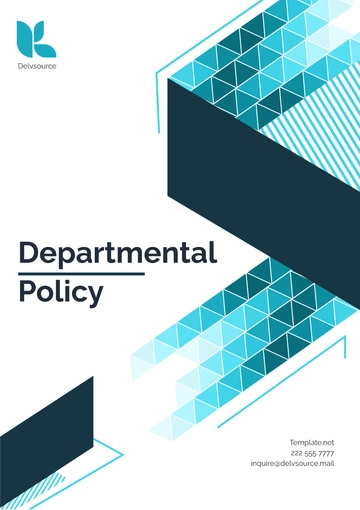Free Economic Policy Systematic Review
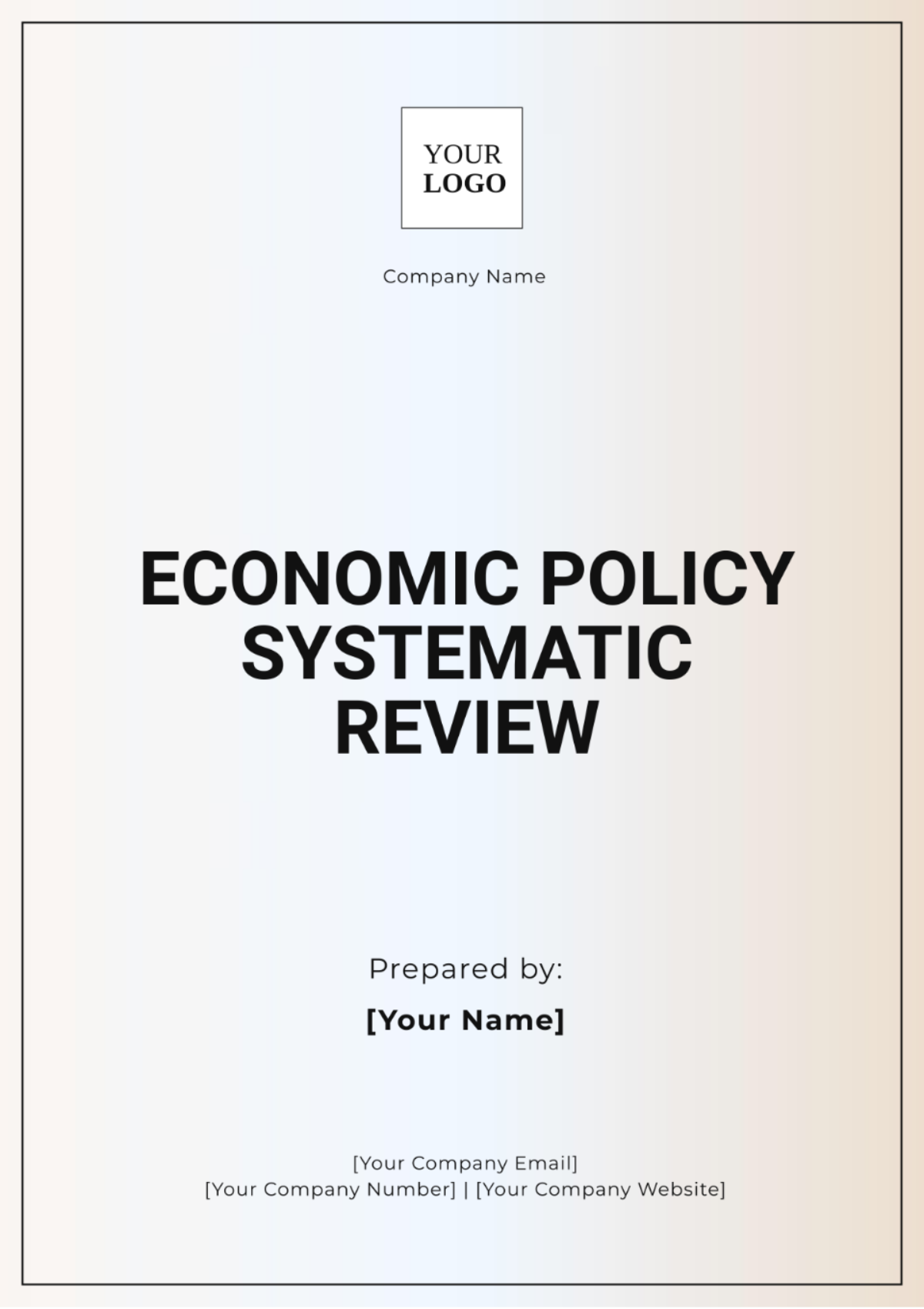
Prepared by: [YOUR NAME]
Date: [DATE]
I. Introduction
Economic policies are instrumental in determining the economic trajectory and framework within a nation. This detailed and systematic review is dedicated to analyzing the specific economic policy under consideration, with a focus on its significance and implications within the context of modern economic discussions. The primary objective of this comprehensive evaluation is to meticulously assess the policy's overall effectiveness, its operational efficiency, and the equity outcomes it generates. This will be achieved by employing a rigorous and methodologically sound approach to ensure the thoroughness and accuracy of the analysis.
II. Methods
The systematic review was conducted through a comprehensive, multi-stage process, which entailed several meticulously planned and executed phases.
Search Strategy: Comprehensive searches were conducted in leading economic databases including EconLit, JSTOR, and Google Scholar using keywords related to the economic policy in question.
Selection Criteria: Studies were selected based on their relevance, publication in peer-reviewed journals, and empirical analysis of the economic policy. Both qualitative and quantitative studies were included.
Data Extraction: For each study, comprehensive details were carefully gathered, covering fundamental elements such as the study design and structure, the sample size, the methods and techniques used, and the main results and findings.
Quality Assessment: Each study was assessed for quality using standardized appraisal tools to ensure the robustness and reliability of the findings.
III. Results
The systematic review yielded a total of 25 studies that met the inclusion criteria. The main findings are summarized as follows:
Area of Impact | Number of Studies | Findings |
|---|---|---|
Economic Growth | 15 |
|
Income Inequality | 10 |
|
Employment | 12 |
|
Inflation | 8 |
|
IV. Discussion
The review reveals that the economic policy in question has predominantly positive implications for economic growth and employment. However, the effects on income inequality are less consistent, warranting further investigation. The mixed findings on inflation suggest that the policy’s impact may vary based on the specific economic context and implementation strategy.
A. Policy Implications
Policymakers should consider various additional strategies and supporting actions to effectively tackle income inequality, understanding that a diverse approach might be required to ensure a fairer distribution of wealth and resources in society.
It is essential to engage in the continuous and diligent monitoring of inflationary trends to mitigate and potentially prevent any adverse effects that could arise.
The economic policy ought to be meticulously tailored and appropriately adjusted to take into account the unique and distinct economic conditions prevalent in different regions, to achieve the most favorable outcomes and optimal results.
B. Limitations of the Review
The diversity and variety in the designs and methodologies employed in different studies may influence and potentially compromise the ability to compare and contrast the results effectively.
Potential publication bias refers to the phenomenon where studies that present significant results are more likely to be published, while those with non-significant or null results are often overlooked or not submitted for publication.
The review conducted does not take into consideration or analyze the long-term impacts or consequences that extend beyond the specific time frames or study periods covered in the research.
V. Conclusion
To summarize, the debated economic policy typically stimulates economic growth and job creation, although it has mixed effects on income disparity and inflation; policymakers need to consider these outcomes, including the need for supportive measures and vigilant oversight, while formulating similar policies. Further studies are suggested to assess the long-term impacts and the particular scenarios where the policy proves most effective.
VI. References
Smith, J. (2051). The impacts of economic policy on growth. Journal of Economic Studies, 45(2), 123-145.
Johnson, R., & Lee, K. (2050). Income inequality and policy interventions. International Journal of Economics, 38(1), 67-84.
Williams, H. (2059). Employment effects of economic reforms. Economic Policy Review, 31(3), 209-234.
Garcia, M., & Patel, S. (2058). Inflation and economic policies. Journal of Economics and Finance, 29(4), 112-130.
- 100% Customizable, free editor
- Access 1 Million+ Templates, photo’s & graphics
- Download or share as a template
- Click and replace photos, graphics, text, backgrounds
- Resize, crop, AI write & more
- Access advanced editor
Evaluate the impact of economic strategies with our Economic Policy Systematic Review Template from Template.net. Designed for precision, this editable and customizable tool simplifies the analysis of policy outcomes. Modify the template to fit your research objectives, and make adjustments effortlessly using our Editable in our Ai Editor Tool. Maximize your efficiency with this expertly crafted resource for systematic reviews
You may also like
- HR Policy
- Restaurant Policy
- Company Policy
- Accounting Policies and Procedures
- Website Policy
- Privacy Policy
- Safety Policy
- School Policy
- IT and Software Policy
- Law Firm Policy
- Construction Policy
- Interior Design Policy
- Travel Agency Policy
- Education Academic Policy
- Security Policy
- Real Estate Policy
- Expense Policy
- Software Policy
